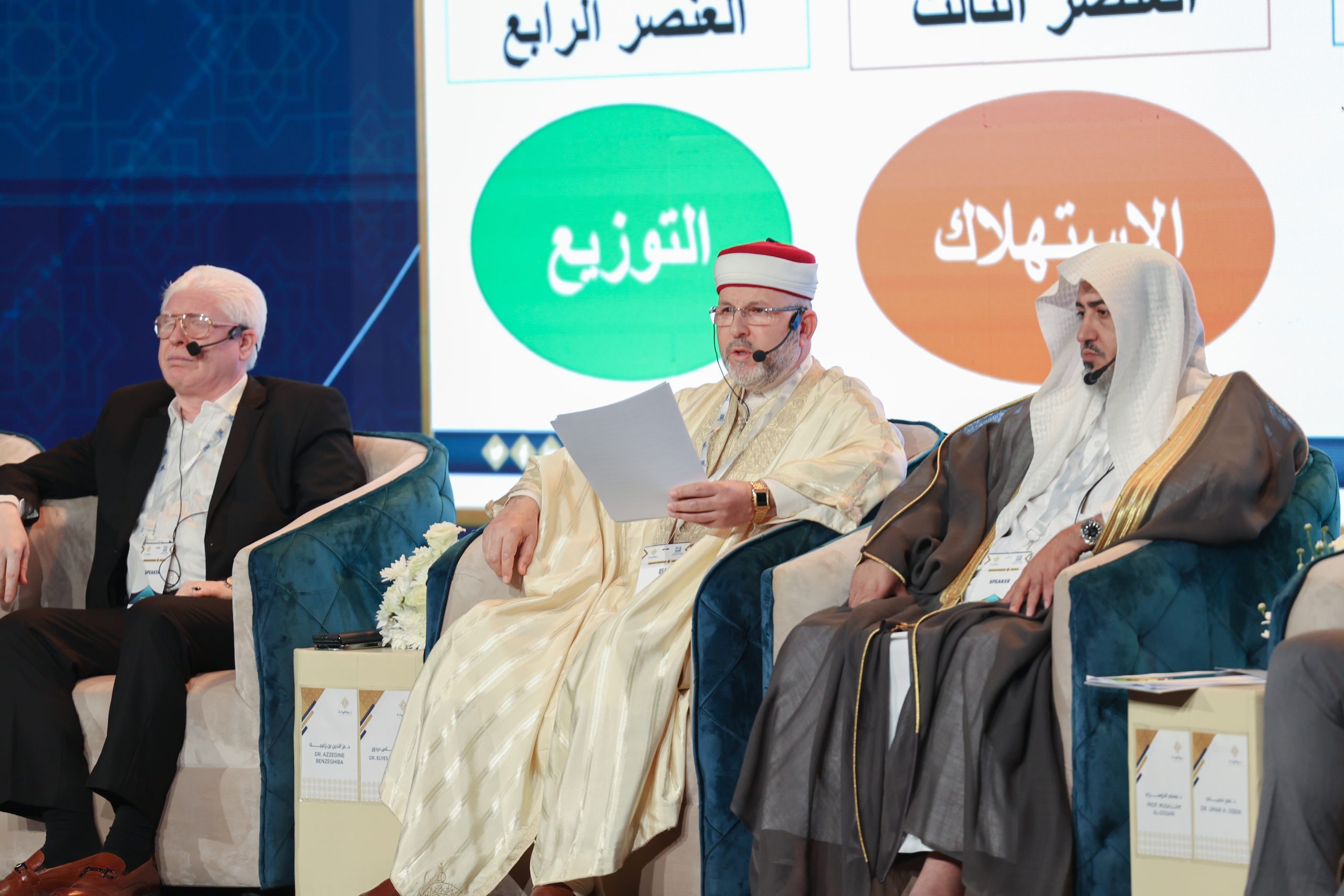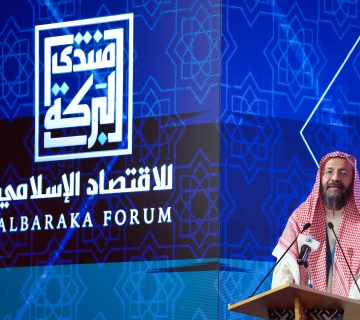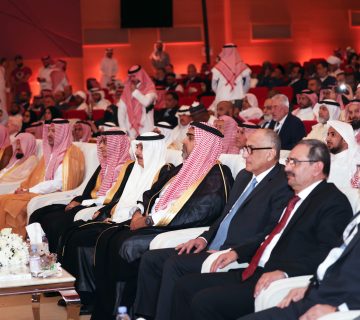The first working session of “AlBaraka Symposium” for Islamic economy has been launched, and the 43rd session was titled “The Authenticity of Sustainability in Islamic Economy”. The session took place in the University of Prince Mugrin bin Abdulaziz in Medina, with the participation of specialists and international experts who enriched their discussions with six main topics and more than 20 sub-topics over three days (15-17 March, 2023).
The first session was launched under the title “The Concept of Sustainability in Islamic Economy” with the participation of a number of experts in Islamic economy and Shariaah. The session was chaired by the Director of the Fatwa Department at the Islamic Affairs and Charitable Activities Department in Dubai, Dr. Ahmed Al-Haddad. He stated that sustainability, which is the title of the Symposium, is something that Islam calls for in all its demands and objectives, and it has a social benefit. He also explained that “AlBaraka Symposium”, which was established by Sheikh Saleh Kamel (may his soul rest in peace) is continuous and sustainable, as his followers are carrying on his legacy. He added that the concept of sustainability in Islamic economy is based on development and serving the community, and reflects the ethics of human and religious transactions.
Dr. Mohamed Karrat, professor of Fiqh of Financial Transactions, Faculty of Sharia, Fez, Morocco, presented a scientific paper that focused on the topic of “The Concept of Sustainability and Its Relationship with the Five Maqasid of Islamic Shariaah”. In that paper, he posed several questions that revolved around sustainable development and its answers through Shariaah-based evidence.
He pointed out that land development and succession are not only related to the present, but also to the future, where individuals earn their livelihoods and those of others, as well as anyone of interest through sustainable development, as it also preserves the rights of future generations. This stresses the importance of preserving the environment and its resources.
Meanwhile, Dr. Azzedine Benzaghiba, president of Fatwa and Sharia Supervisory Board, Al Salam Bank, Algeria, emphasized in his scientific paper titled “The Governing System of Ethics and the Perfection Dimension in Relationships and Contracts” that it is unanimously agreed that the Shariaah is valid for every time and place, citing the link between the ethical system and the legislative system in Islamic legislation, according to evidence and jurisprudential applications. Moreover, treating people perfectly and applying perfection in economic transactions would lead to sustainable relationships, which achieve the higher Maqasid of Islamic Shariaah.
Dr. Elyas Dardour, head of the Department of Sharia and Law at the University of Ez-Zitouna, Tunisia, discussed in his scientific paper titled “The Principles of Differentiation between Acts and Striving towards Perfection in Islamic Economy” the role of differentiation principles in Islamic economy according to the elements of production, exchange, consumption, and distribution. He stated that the theory and elements of Islamic economy are based only on the objectives of the Lawgiver.
Dr. Musallam Al-Dosari, Vice-rector of Majmaah University, explained in his scientific paper titled “Achieving Sustainability through the Principle of Warding off Harm and its Applications” that economic transactions come on top of the objectives of sustainability. This is because they ensure the well-being of people in this world and the reformation of their affairs. Thus, the greatest objective of Islamic shariaah is achieved, which is to achieve the worldly and otherworldly interests of people. If warding off harm is a means of promoting sustainability by preventing harm, it is undoubtedly effective in ensuring the integrity and continuity of economic transactions.
The first session concluded with a scientific paper presented by Dr. Umar Oseni, Chief Executive Officer, International Islamic Liquidity Management Corporation, titled “Comparing the Concepts of Sustainability in Islamic Economy to Contemporary Thought.” He stated that although early Muslim jurists did not discuss sustainable development as a concept, it was widely practiced and documented in Islamic sources.
He emphasized that in line with the Islamic principle of not causing harm in all civil and contractual matters, there must be a paradigm shift among policymakers towards strategies that achieve zero waste and harmful emissions to the environment and human beings.
The second session of “AlBaraka Symposium”: Zakat provides a quarter of the GDP in some countries.
The second session of AlBaraka Symposium 43 for Islamic economy, which was hosted by the University of Prince Mugrin bin Abdulaziz in Medina, emphasized the importance of “the non-profit sector and its role in achieving sustainability”. One of the scientific papers pointed out that the Zakat collected in one Islamic country amounted to a quarter of its GDP, which is larger than the amounts allocated to other humanitarian works.
This was stated during the session chaired by the former Egyptian Minister of Finance, Dr. Fayyad Abdel-Moneim, which discussed the first scientific paper presented by Dr. Azman Bin Mohd Noor and Dr. Ashurov Sharofiddin, Institute of Islamic Banking and Finance, International Islamic University, Malaysia, titled “Contributions of Zakat and Charities to Sustainable Development.” The paper discussed the opportunities provided by Zakat and charities, with Dr. Azman stating that Zakat provides many opportunities. He mentioned that Zakat collected in Malaysia amounted to 24% of the GDP, which is larger than the amounts allocated to other humanitarian works. He also highlighted that one of the proposed projects is to create a framework for the collection and distribution of Zakat through artificial intelligence.
He also pointed out that Waqf (endowment) provides at least 3 billion dollars annually, and that development aims to meet the needs of the present generation without compromising the needs of future generations. Its concept is comprehensive, balanced, and fair. He added, “Charity is voluntary spending, while Zakat is mandatory spending. Unfortunately, there are some who do not know that it is mandatory, as it purifies the souls from greed and stinginess, and bridges the gap between the rich and the poor.” He also noted that monopoly leads to illegal profits, and its lack of legitimacy stems from causing harm to others.
Dr. Ibrahim El-Biomy Ghanem, Consultant of the National Center for Social and Criminological Research, Cairo, also discussed the concept of sustainability in his paper titled “Waqf: A Unique Model of Sustainability Between the Past and Future Possibilities”. He described sustainability as a cry of complaint against destruction caused by the capitalist system and its aggression against environments and societies, saying “We are victims of this destruction that causes a distortion of justice. We are making a dialogue with those who do not want to make dialogue with us, and we must create models of useful and beneficial knowledge to avoid Muslims being dependent on anyone.” He pointed out that Islamic economic practice has frameworks, including the pursuit of precedence and profit based on work. There is also what is known as the “Maslaha Mursala” (Unspecified public interests) that is determined by what is appropriate, and what is appropriate is what the minds would accept if presented to them. The two tools of Zakat and taxes are part of the general rational framework, and neither one can replace the other.
Syed Saad Pasha, representative of the Islamic Chamber of Commerce, Industry and Agriculture (ICCIA) in Pakistan, presented a scientific paper titled “Waqf: Models of its Civilization Potentials: The green Waqf was a model” in which he presented some sustainable projects, including the use of the Waqf lands in useful green projects to stop the encroachment on lands. The agricultural Waqf is deep-rooted in Islamic history. It was aimed at the rehabilitation of fertile land through partnership and the financing of green projects. He reviewed some of the projects of the Chamber, which were based on feasibility studies and specific frameworks. He called on the private sector and development banks to contribute to sustainable projects, since the impact would be creative, through the conversion of Waqf cash into land support, the establishment of institutions to manage Waqf that would study the market “supply and demand” and monitor and measure the impact, and the achievement of integration into all sustainable projects through innovative financing models.
The second session concluded with a paper titled “Al Qard Al Hasan (interest-free loan) and Its Role in Personal and Social Sustainability” presented by Dr. Banjaran Surya, Chief Economist at PY Bank Syariah Indonesia Tbk. He mentioned that Al Qard Al Hasan ensures mutual support and sustainability, as the concept of Ihsan (Perfection) in Islam extends to everything, and our aspirations are high. Our role is that of successors on earth, so our directions should be diverse and multiplied.
Dr. Bashir Aliyu Umar, Deputy Chair, Financial Regulation Advisory Council of Experts, Central Bank of Nigeria, spoke about sustainability and its aim to achieving benefits for everyone across generations. He explained that Zakat, Waqf, and Al Qard Al Hasan aim to achieving benefits, as “Allah multiplies charity and erases usury, and spending leads to abundance while hoarding leads to loss.” Giving is the drive of sustainability, and spending increases wealth, blessings, and blessings from Allah Almighty. He highlighted the role of charitable Waqf in carrying the element of sustainability, and reviewed the regulatory and legal challenges facing it.
Dr. Bourhan Altaraqi, Professor of Economics, Faculty of Economics and Administration, University of Sfax, emphasized that Islamic economics can address economic problems in Islamic countries, and that scholars and economic references should be consulted to achieve this goal.




